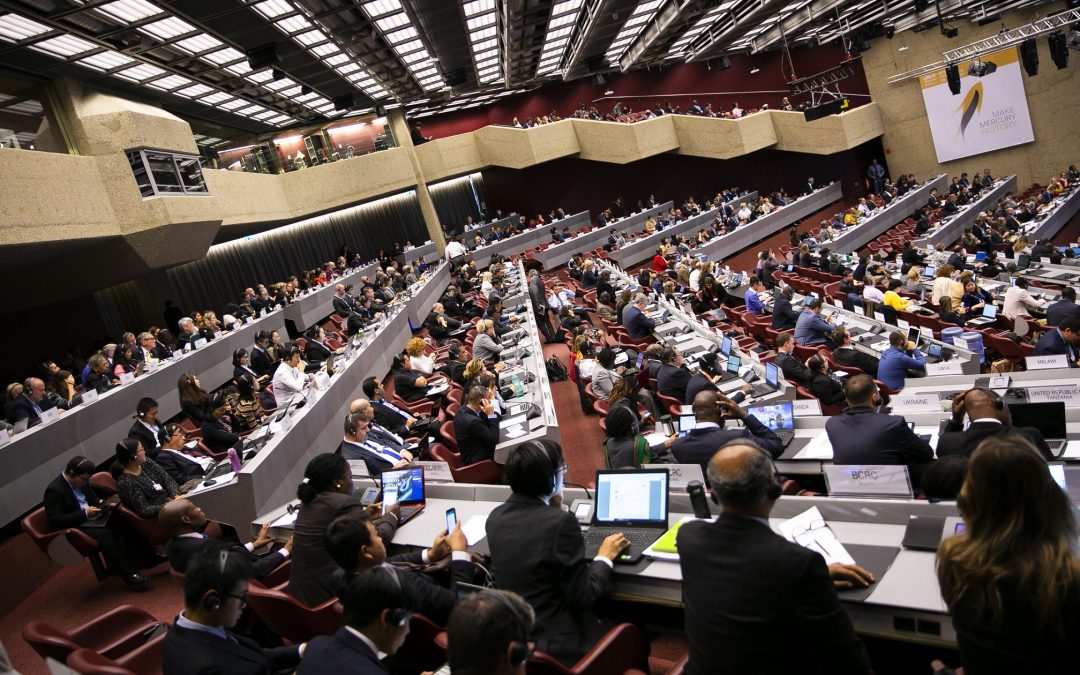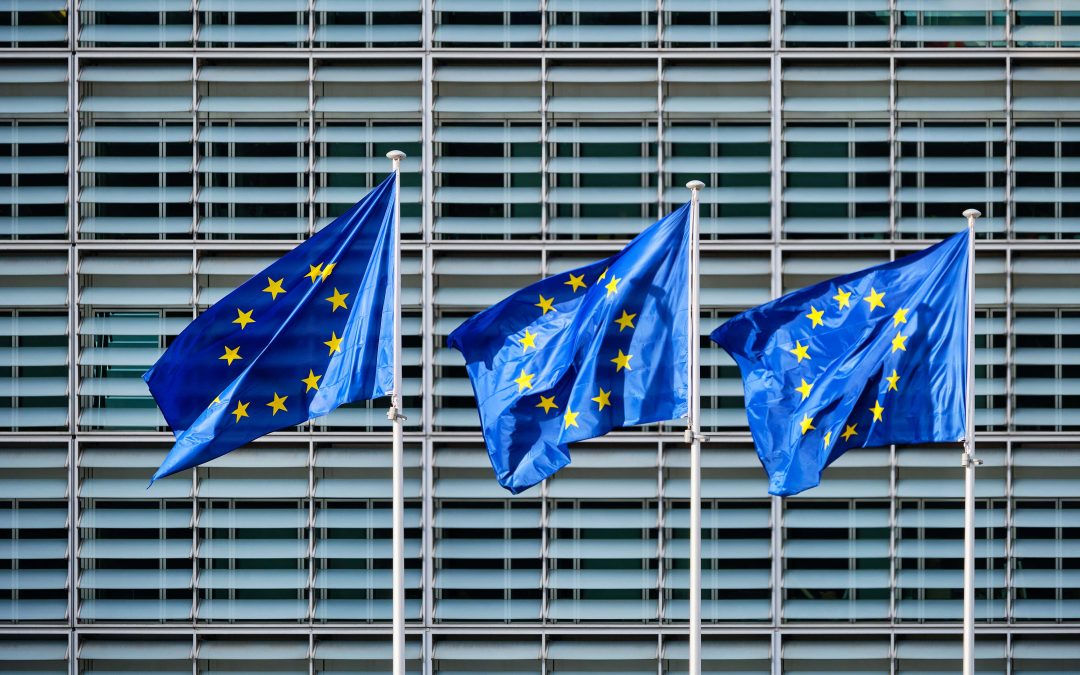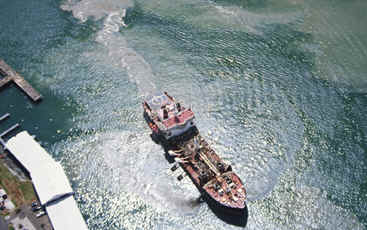
The Minamata Convention on mercury intered into force in August 2017 The second meeting of the Conference of the Parties (COP2) took place from 19 to 23 November 2018 in Geneva, Switzerland. The Convention, whose Secretariat is based in Geneva, aims at “protecting the human health and the environment from anthropogenic emissions and releases of mercury and mercury compound”. COP 3 was agreed to take place in Geneva from 25th to 29th November 2019.

Bound to oversee the proper application of the EU legislation, the EU Commission mandated the consulting firm BIPRO in 2014 to assess the implementation of hazardous waste management in EU Member States. A first study published in 2015 concluded that most requirements of EU legislation on hazardous waste were well transposed into national legislation, but that major gaps exist on statistical data for some Member States. It was decided to launch a second study to further assess hazardous waste and PCB management in 14 selected Member States (Bulgaria, Belgium, Cyprus, Czech Republic, Germany, Spain, France, Greece, Italy, Poland, Portugal, Romania, Sweden and the United Kingdom), that has been released this week. Structured around analysis of the current situation regarding hazardous waste and PCB management in the 14 Member States, it proposes some recommendations to improve the management that have been discussed with national authorities and private and public actors during 11 seminars. It brought out challenges regarding the implementation and enforcement of key obligations of the waste framework directive (2008/98 recently amended by 2018/851) concerning hazardous waste such as classification, labelling, permitting, mixing ban, collection, storage and treatment of hazardous waste. Among the key recommendations, the study underlines among other: The importance of classification of hazardous waste as prerequisite for effective planning (having a consistent definition to capture relevant waste
;

The Waste Shipment Regulation (WSR, 1013/2006) establishes procedures and control regimes for the shipment of waste, depending on the origin, destination and route of the shipment, the type of waste shipped and the type of treatment to be applied to the waste at its destination. It is of particular importance for our hazardous waste business to ensure the safe shipments of hazardous waste, traceability and adequate treatment at the final destination. In accordance with the provisions of article 60 to review the regulation by 2020, the European Commission has launched the assessment of implementation and enforcement of the text, as well as its effectiveness, efficiency and coherence towards its objectives. Following the study and the workshops launched in 2017, the Commission published a consultation to gather views on the evaluation of the WSR. Hazardous Waste Europe, whose members completed around 1 000 notifications in 2017, would favor a light recast only, considering that the WSR is already a very good tool and that merely targeted adaptations on the existing provisions would really improve the existing waste shipment regulation. In our answer, we therefore advocate not giving in to the temptation of oversimplifying the current provisions that could be detrimental to the environment and health, but to make some homogenization in the procedures and to propose some clarifications and improvements aiming
;

The professional associations CEWEP http://www.cewep.eu/, ESWET http://www.eswet.eu/, FEAD, MWE, Euroheat & Power https://www.euroheat.org/, EURITS http://www.eurits.org/, HWE and CEFIC http://www.cefic.org/ advise against a hasty use of the emission and energy efficiency levels given with the Best Available Techniques in the draft version of the BREF for Waste-to-Energy plants. Indeed, BATAEL values in the Waste Incineration BREF Draft (in particular lower ends) are not final values and need contextual information since it may happen/has happened that they are already considered as requested limit values in future permits or in calls for tenders from either consultants or local authorities. However the BREF process is actually still ongoing and the current draft has been commented by the members of the Technical Working Group, in particular because the proposed values do not consider major issues as integrated approach and measurement uncertainty. Moreover, the BREF’s BAT conclusions do not mention pieces of information provided in legislation, in JRC-EIPPCB background papers or during exchanges within the WI BREF Technical Working Group, that are of the utmost importance to avoid misunderstanding these BAT conclusions.

The promotion of non-toxic material cycles in the discussions on circular economy is of utmost importance for Hazardous Waste Europe, not only to protect consumer’s health and encourage efficient use of resources, but also to enhance the value of recovered materials, and ultimately to make sure that the starting circular economy will also be a sustainable economy. In our view, the legislator should preserve and even reinforce the level of protection provided by the regulation on hazardous waste. In addition all waste containing chemical substances of concern above the thresholds set by REACH or by the POP regulation should be regulated and managed so as to provide a high level of safety, as we previously underlined in our answer on the consultation in July 2017. Consequently, thresholds in waste must be aligned to those in REACH, and POP levels must be more strictly followed, controlled and the related requirements must be correctly implemented. Furthermore, the risk-based approach should not apply directly to all kind of waste and for all kind of situations, the hazard-based approach must remain the principle and adaptations could be developped in specific cases like close loop recycling.




